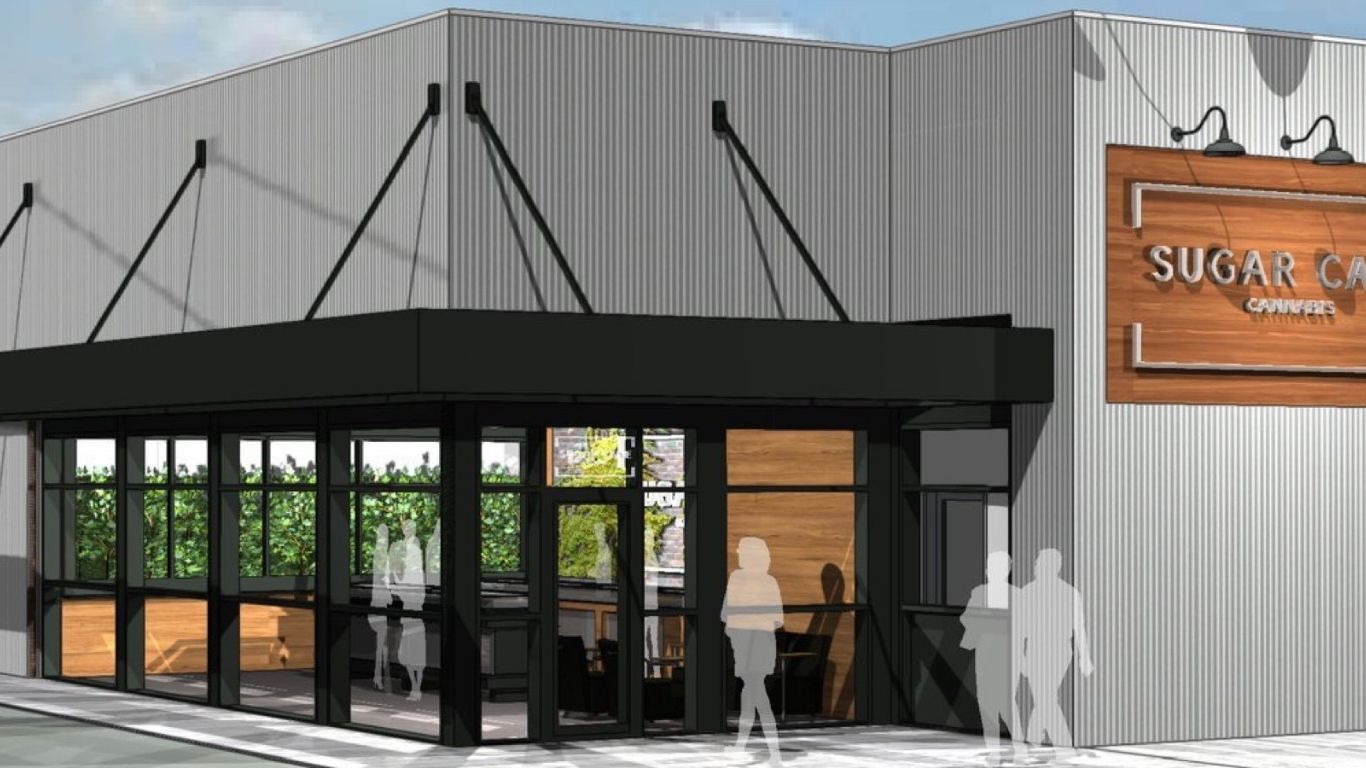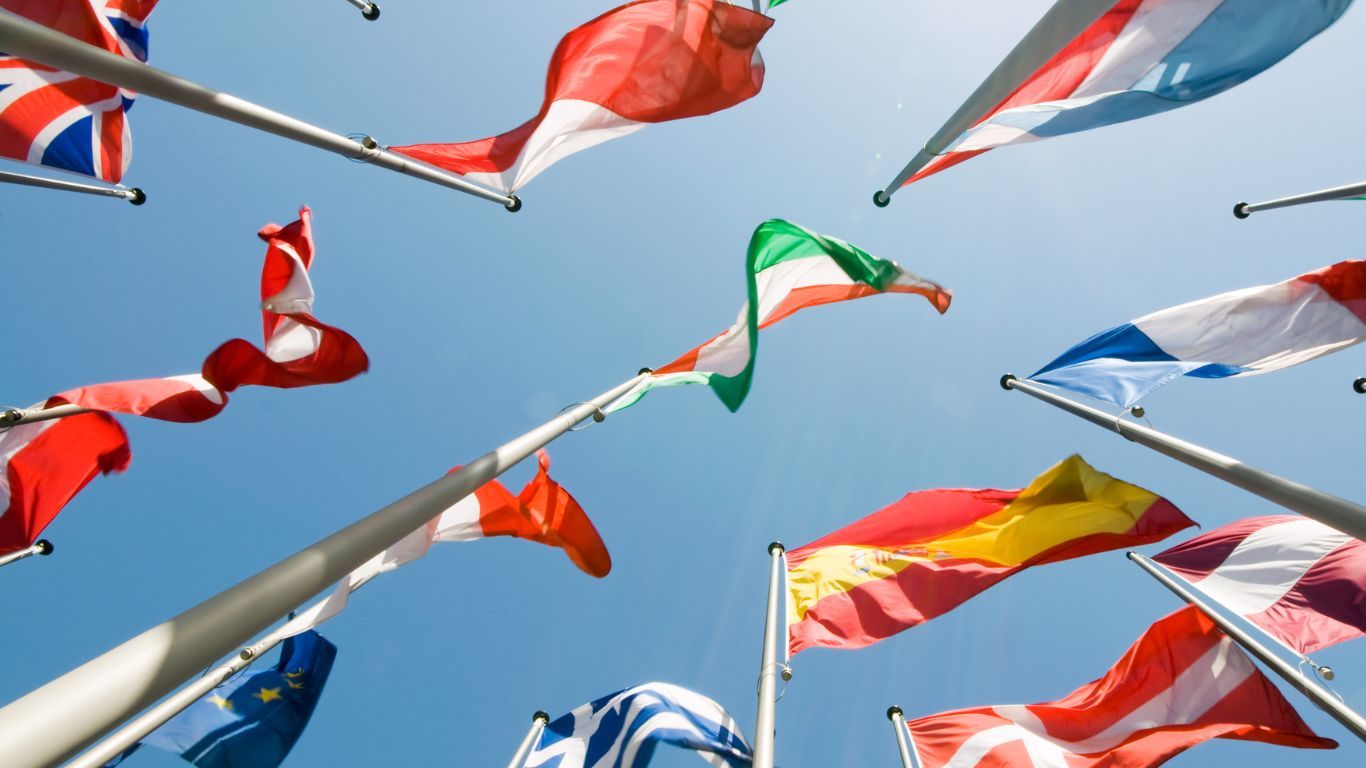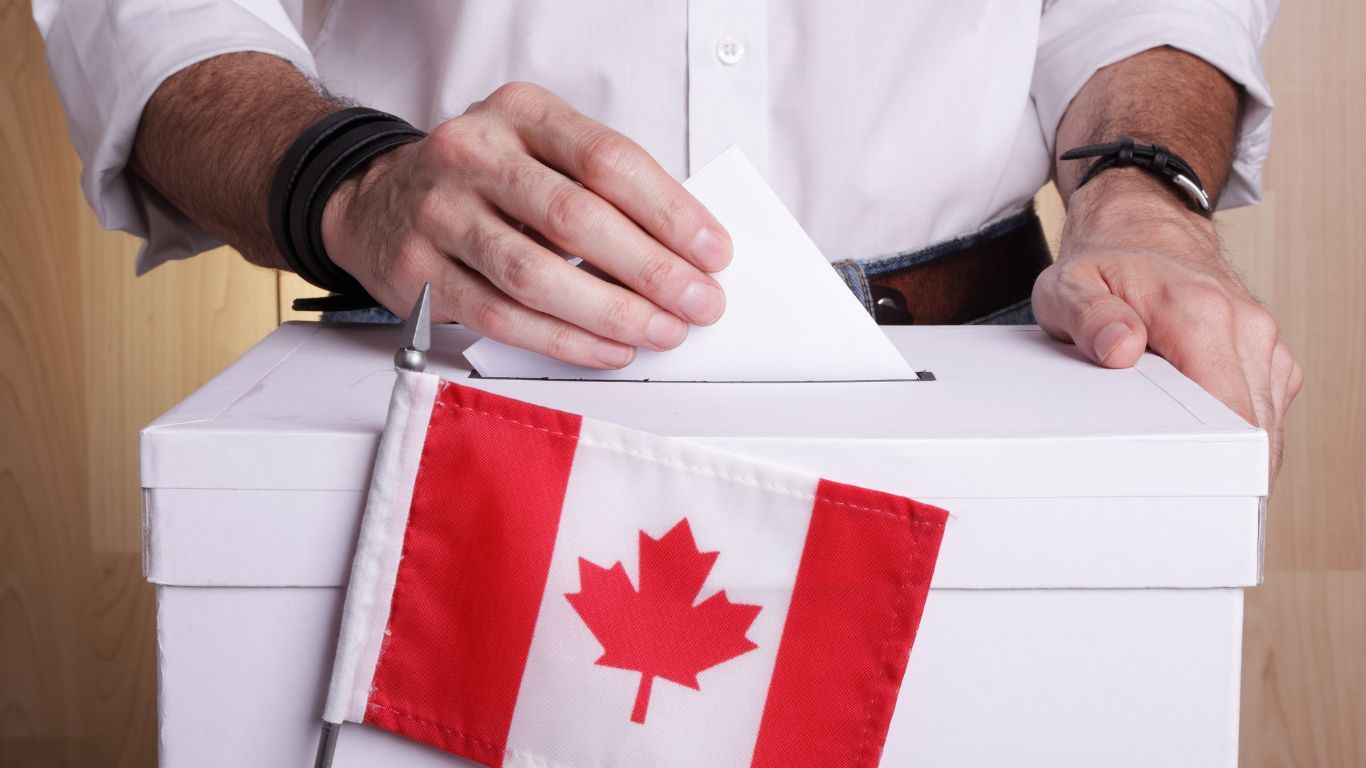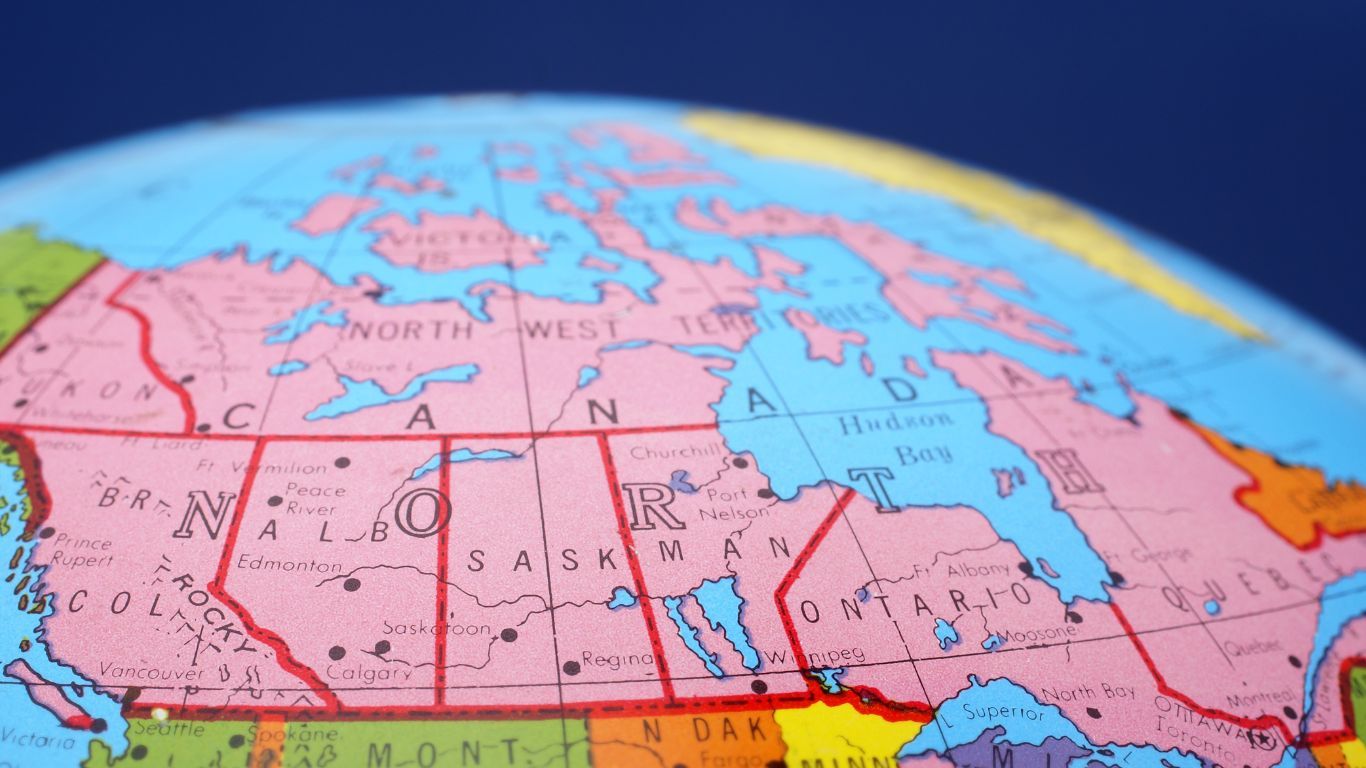
The BC Government says they expect to begin stakeholder engagement this spring/summer on what their cannabis farm-gate program will look like.
A representative for the Ministry of Public Safety and Solicitor General tells StratCann that the government still hopes to have a formal program in place by 2022, and is pursuing a “broad approach” that would see most B.C. licensed cultivators of cannabis, including nurseries, able to participate in the program.
Although the details are not finalized, the government also expects to begin their direct delivery program that will allow “small-scale” cannabis producers to sell directly to retailers in 2022. Small-scale is not limited to micro licenses and will also apply to cannabis nurseries.
“On direct delivery, we have heard from small-scale producers that the ability to deliver direct to retailers is important because it will allow them to develop customer brand recognition by ensuring their products are consistently available at the retailers they work with,” writes Travis Paterson, Public Affairs Officer and Media Relations for the BC Ministry of Public Safety and Solicitor General in an email to StratCann.
“While (the) farm-gate sales program details are still under development,” continues Paterson, “we can say that generally the intention is to streamline processes where possible for small-scale B.C. cannabis producers to get their products to market.”
Sources within several First Nations communities also tell StratCann that the BC government, especially the BC Cannabis Secretariat, is also in talks with several First Nations communities on how they can, among others things, implement cannabis farm-gate programs in their communities, via both a federal production licence, as well as a provisionally-licensed retail store in the same community.
One such community, the Williams Lake First Nation, signed an agreement under section 119 of BC’s Cannabis Control and Licensing Act in September 2020, the first of its kind in Canada. Last year, the BC government also announced a $500,000 grant for the Williams Lake First Nation’s micro cannabis facility, Sugar Cane.
Section 119 allows the BC government to enter into agreements with an Indigenous nation with respect to cannabis. If the agreement relates to cannabis sales, the government may only enter into the agreement with the Indigenous nation jointly with both the minister responsible for the administration of the Cannabis Distribution Act and the Minister of Finance. Currently, the minister responsible for the administration of the Cannabis Distribution Act is Minister of Public Safety and Solicitor General Mike Farnworth.
The current expected completion date for the Sugar Cane facility is 2021, at which point—once fully licensed by the federal government—the BC government says Sugar Cane could potentially get their own cannabis farmgate licence. If achieved earlier than 2022, they say this could serve as a template to inform the province as they further develop their farmgate model.
The BC government originally announced their intentions for cannabis farm-gate and direct delivery programs last fall, with the expected implementation date of 2022. Ontario is the only other province to have developed such a program, and a handful of producers are expecting their licence some time this year.
Cannabis farmgate or farm-gate refers to a cannabis producer operating a provincially regulated retail store on the same property as their federally licensed production facility, selling products grown and made on-site. On the federal side, managed by Health Canada, the regulations require both a cannabis processing licence as well as a product sales amendment in order to sell cannabis products into a provincially-managed retail system. It’s then up to the provinces to manage retail as they see fit, and regulate where and how cannabis can be sold to the public.
“On direct delivery, we have heard from small-scale producers that the ability to deliver direct to retailers is important because it will allow them to develop customer brand recognition by ensuring their products are consistently available at the retailers they work with.”
BC Ministry of Public Safety and Solicitor General
While some have hoped that such a cannabis farmgate model could help small growers, there are still many layers of logistical challenges, and at least a few applicants in Ontario say they have stepped back from the process for the time being.
Nonetheless, the model creates a lot of interest and has the potential to serve smaller, remote communities without an existing retail outlet. In addition, cannabis nurseries, while not authorized to sell cannabis flower or other processed products, can potentially utilize a farm gate retail model to sell starting material like cannabis clones and seeds directly to consumers. BC is currently home to nine of the seventeen licensed cannabis nurseries in Canada, including many in very remote parts of the province.
Feature image via Sugar Cane Cannabis











